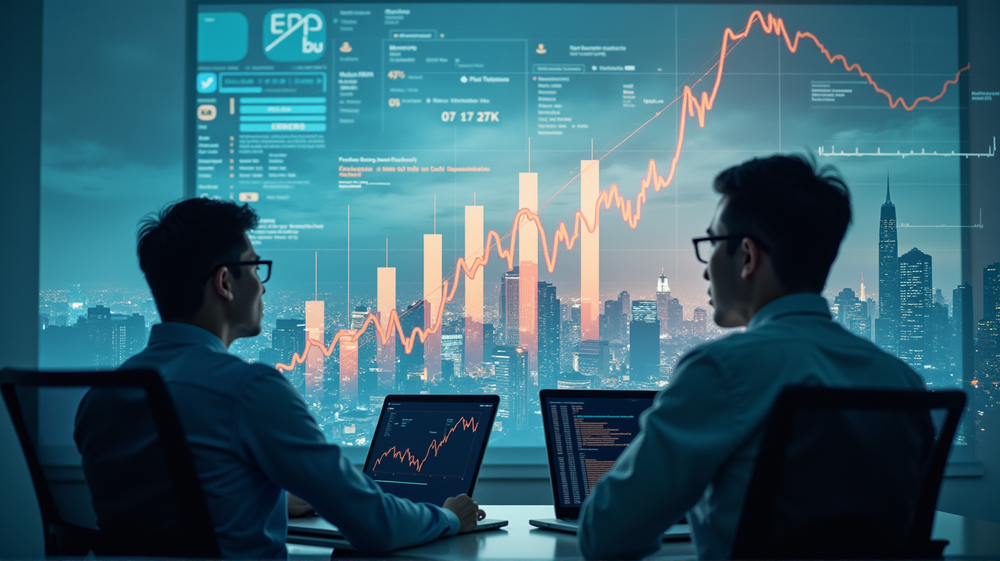An Unexpected Upsurge
Indonesia recorded an extraordinary GDP growth rate of 5.12% in the April-June quarter, marking the fastest expansion in two years. Surpassing predictions by analysts, this unexpected upswing was attributed to strong investment and household spending, according to Statistics Indonesia. However, the seeming economic boom faced skepticism from Indonesian economists who observed conflicting economic signals from other sectors.
Questioning the Narrative
Research groups in Jakarta have raised eyebrows over the government’s data, suggesting a different story than the one told by the numbers. Indicators like diminished auto sales, reduced foreign direct investments, and declining manufacturing activity paint a picture of a slowing economy rather than the reported acceleration.
Government Stance
When challenged on these discrepancies, Airlangga Hartarto, Indonesia’s Chief Economic Affairs Minister, dismissed claims of data manipulation, asserting transparency and accuracy in the data presented. According to TradingView, the minister emphasized that economic policy relies on a foundation of reliable data, deflecting suggestions of possible data “massaging.”
The Analysts’ Standpoint
Economist Andry Satrio Nugroho, from the Institute for Development of Economics and Finance, highlighted the criticality of precision in data reporting. He warned that any indication of manipulation could shake investor confidence, potentially impacting Indonesia’s economic credibility on the global stage.
Divergent Views
Associations like the Indonesian Employers Association echoed concerns, with comments from Sutrisno Iwantono, noting declines in sales and consumer purchasing power as contrary indicators to the reported GDP growth. Such views further fuel the debate on the accuracy of these reports.
Contextual Concerns
Bhima Yudhistira from the Center of Economic and Law Studies and Mohammad Faisal from the Center of Reform on Economics voiced concerns about the politicization of economic data. Their observations suggest a possible alignment of data with political targets, particularly Prabowo’s ambitious growth benchmark of 8% by 2029.
Examining the Economy’s Core
In sum, while the reported GDP figures indicate an upward momentum for Indonesia’s economy, a closer inspection reveals a more complex picture. As the debate continues, the focus remains on reconciling these statistics with on-the-ground realities, ensuring that future economic strategies rest on a robust and transparent footing.












